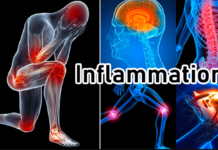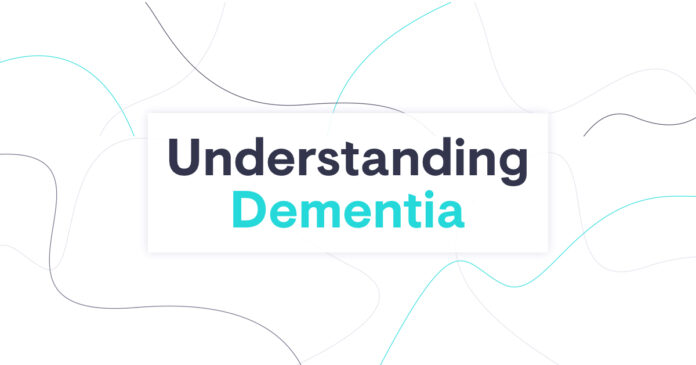Dementia is characterized by the loss of cognitive functioning — the power of thinking, remembering, and reasoning. The loss is to such an extent that it affects the person’s daily life and activities. Some people with it are not able to control their emotions, and their personalities may change from time to time. Dementia varies in severity from the mildest stage, when it is just starting to affect a person’s functioning, to the extreme stage, when the person must rely completely on others for basic activities of living.
It is more prevalent as people grow older. According to a study, about one-third of all people aged 85 or older may develop some form of Dementia. but it is not considered to be a sure part of aging.
There are various forms of Dementia, including Alzheimer’s disease, its most prevalent form. A person’s symptoms may greatly vary depending on the type.
Signs and symptoms of Dementia
Signs and symptoms of Dementia are expressed when once-healthy neurons that are present in the brain stop normal functioning, lose connections with other cells, and as a result, die. While everyone loses some neurons with age, people with Dementia experience far greater and abnormal loss.
The symptoms may include:
- Experiencing memory loss or difficulty in memorizing something, lack of judgment, and confusion.
- Difficulty while speaking, understanding, and expressing thoughts. Inability to read or write properly.
- Losing your way back home.
- Trouble handling any money related responsibly and paying any bills.
- Asking questions repeatedly.
- Using unorthodox words to refer to familiar objects.
- Taking more than usual time to complete normal daily tasks.
- Losing interest in entertaining activities or events.
- Hallucinating or suffering from thoughts that are self-hatched.
- Losing Patience.
- Not caring about how other people feel.
- Body imbalance and problems while moving.
Causes
The causes of Alzheimer’s and related Dementias can differ depending on the types of changes in the brain that might be taking place. While research has found that many changes in the brain are linked to certain forms of Dementia. But it has been observed that in most cases the underlying causes are unknown. Rare changes in genetic sequences may also cause it. But it is less prevalent
Although there is no sure prevention, in general, following a healthy lifestyle may help greatly reduce risk factors that have been associated with these diseases.
Types of Dementia
1. Alzheimer’s disease
It is the most prevalent form of Dementia.It is caused by changes or mutations in the brain. These may include abnormal buildups of proteins, that are known as amyloid plaques and tau tangles.
2. Frontotemporal Dementia
It is a rare form of Dementia that tends to occur more in people younger than the age of 60. It is characterized by abnormal levels or forms of the proteins tau and TDP-43.
3. Lewy body Dementia
It is a form of it caused due to abnormal deposits of the protein known as alpha-synuclein. They are called Lewy bodies.
1. Diagnosis:Cognitive and neurological tests
These tests are used to observe thinking and physical functioning. These include assessments of memory, problem-solving, and language. These tests also involve observation of balance, sensory response, and reflexes.
2. Brain scans
These tests help in identifying tumors, strokes, and other problems that can cause Dementia. Scans are also helpful in identifying changes in the brain’s structure and function.

















